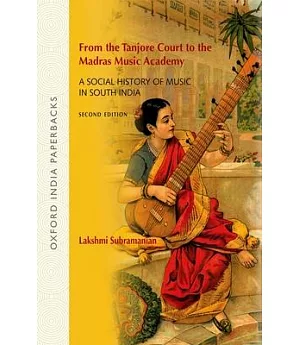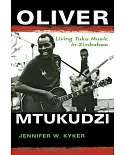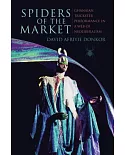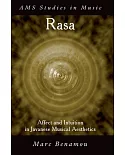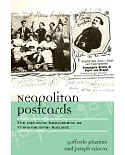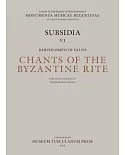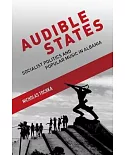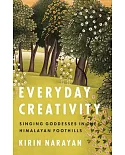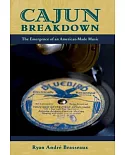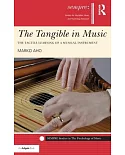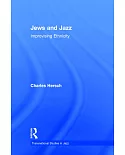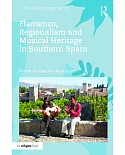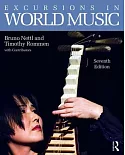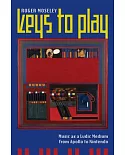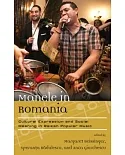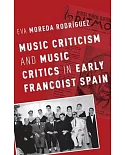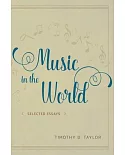This book traces the adaptation of the traditional music in south India, from the quiet courtyards of Tanjore to the concert halls of Madras, to the necessities of colonial and post-colonial
social realities. An engaging narrative of the production of knowledge about music and the related institution-building process, the volume raises larger questions of identity and imagination.
It discusses the influence of nationalism in the creation of an auditory habit as much as it shows how performance and patronage influenced the self-development of the consuming elite.
Anticipating the dilemmas of the emerging modern Indian middle class, the author also explores the ambivalence and ambiguities that informed musical practices in the nineteenth and twentieth
centuries. The second edition carries a new introduction which updates research on the subject and also discusses the new issues and trends emerging in the study of south Indian classical
music.
This book will interest students and scholars of history, music, sociology, ethnomusicology, cultural studies, south India, as well as informed general readers.

